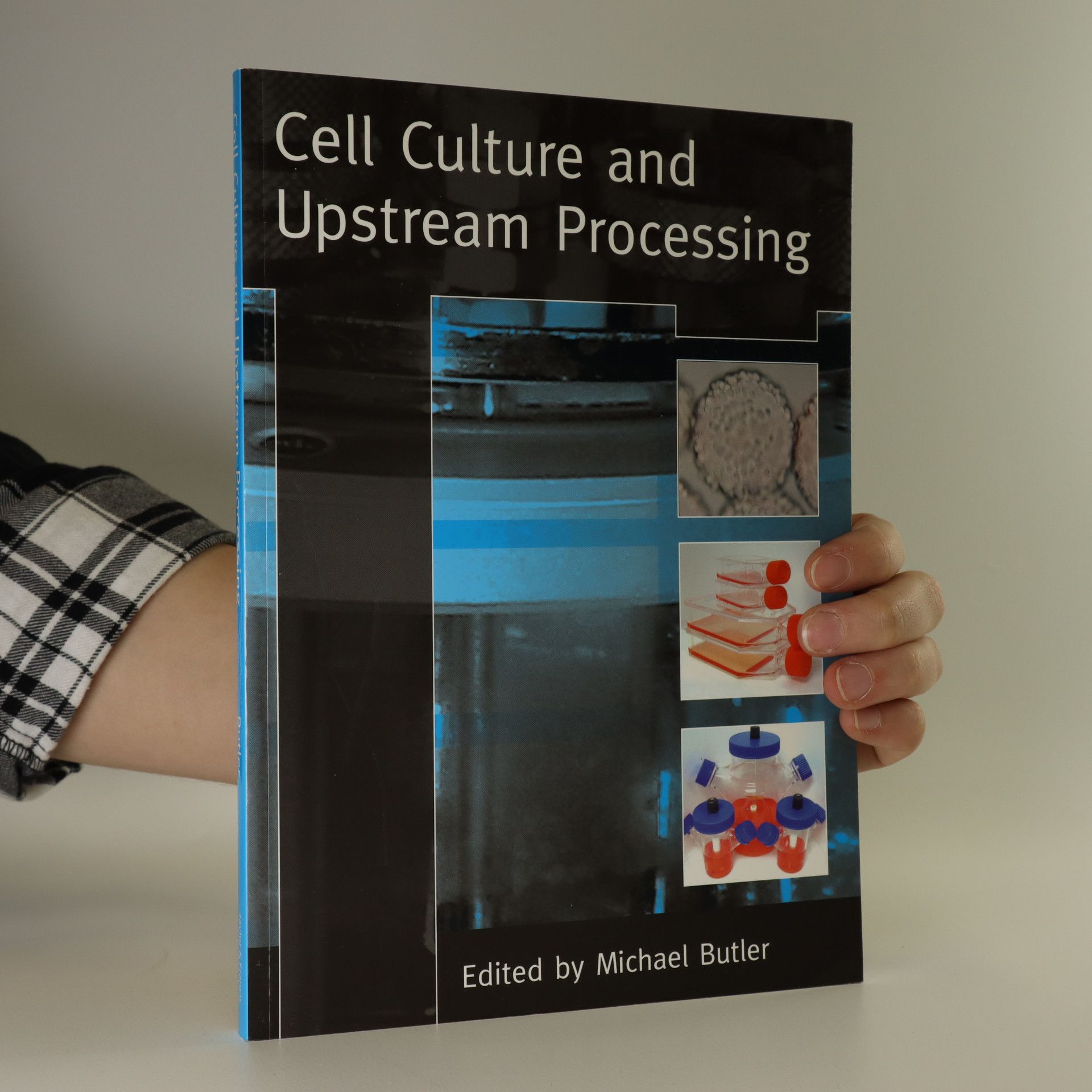Michael Butler Libros




The challenge of German culture
- 231 páginas
- 9 horas de lectura
A wide-ranging collection of essays by leading British, American and German scholars, covering German literature, culture and politics from the Middle Ages to the present day. Based mainly on original research, the individual contributions reveal the rich complexity and vitality of contemporary German studies.
Each chapter in Cell Culture and Upstream Processing is taken from a presentation at the highly acclaimed IBC conferences and describe ways for scientists to improve yield and optimize the cell culture production process for biopharmaceuticals, by focusing on safety, quality, economics and operability and productivity issues.